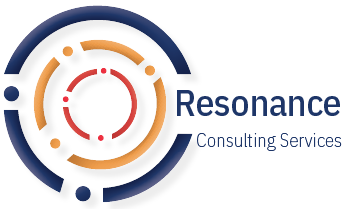Author: Rajab, R.
Date of Publication: September 2024
The digitalisation of the economy has brought about immense change to the way work and business is organised and conducted, impacting occupations, professions and related capabilities needed to service the economy efficiently. The change in the organisation of work with subsequent occupational and professional demand undoubtedly has implications for both learning processes that are required and using the technology that is now available. As the face of education continues to change, is the South African education and training system able to meet the needs of such a revolutionised workforce?

